The Monstera plant, also known as the Swiss Cheese Plant, is a popular houseplant known for its unique, fenestrated leaves. However, many plant enthusiasts wonder about its toxicity. This guide will explore five important facts about Monstera toxicity and how to keep your household safe.
Introduction
The Monstera is a member of the aroid plant family, which includes popular varieties like Philodendron, Anthurium, and Alocasia. Native to the tropical rainforests of Central and South America, this plant is prized for its large, hole-filled leaves. Similar to Aglaonema and Epipremnum, the Monstera is not only beautiful but also relatively easy to care for. However, it’s essential to be aware of its potential toxicity.
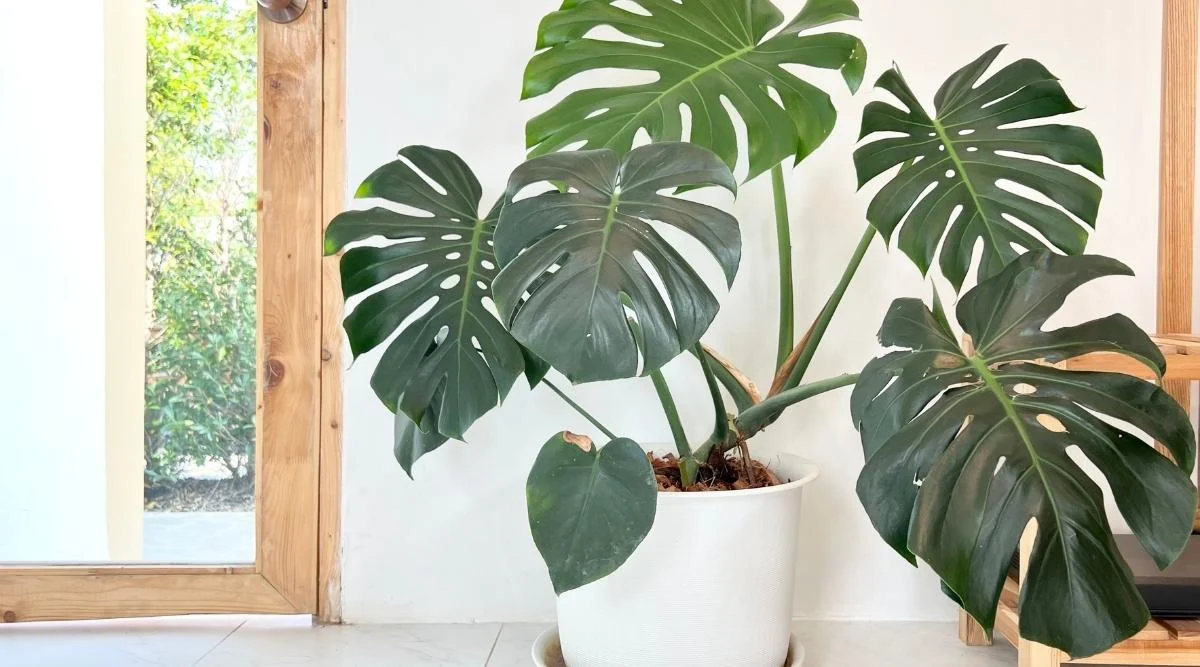
Are monsteras toxic?
Monsteras contain insoluble calcium oxalates and proteolytic enzymes that can cause irritation and discomfort when ingested. The level of toxicity is relatively mild compared to other common houseplants, but parts of the monstera should still be kept away from curious pets and children.
It’s crucial to keep the plant out of reach of pets and small children, similar to how you would handle other toxic plants like Sansevieria and Scindapsus.
Oxalate crystals
Oxalate crystals are found in all parts of the monstera plant, including the leaves, stems, and roots. If chewed or swallowed, these crystals can cause painful swelling, irritation, and discomfort in the mouth and digestive tract. The irritation is often described as a burning sensation.
Proteolytic enzymes
Monsteras also contain proteolytic enzymes that help the plant digest insects and debris. But these enzymes can cause irritation and inflammation if ingested by humans or pets. The enzymes essentially “digest” proteins in the mouth and throat, leading to painful irritation and sores.
Level of toxicity
While the oxalates and enzymes make this plant potentially toxic if ingested, monsteras are generally less toxic than plants like dieffenbachia, pothos, or philodendron. The irritation and symptoms tend to be relatively mild unless large quantities of the plant are consumed. Death is extremely unlikely.
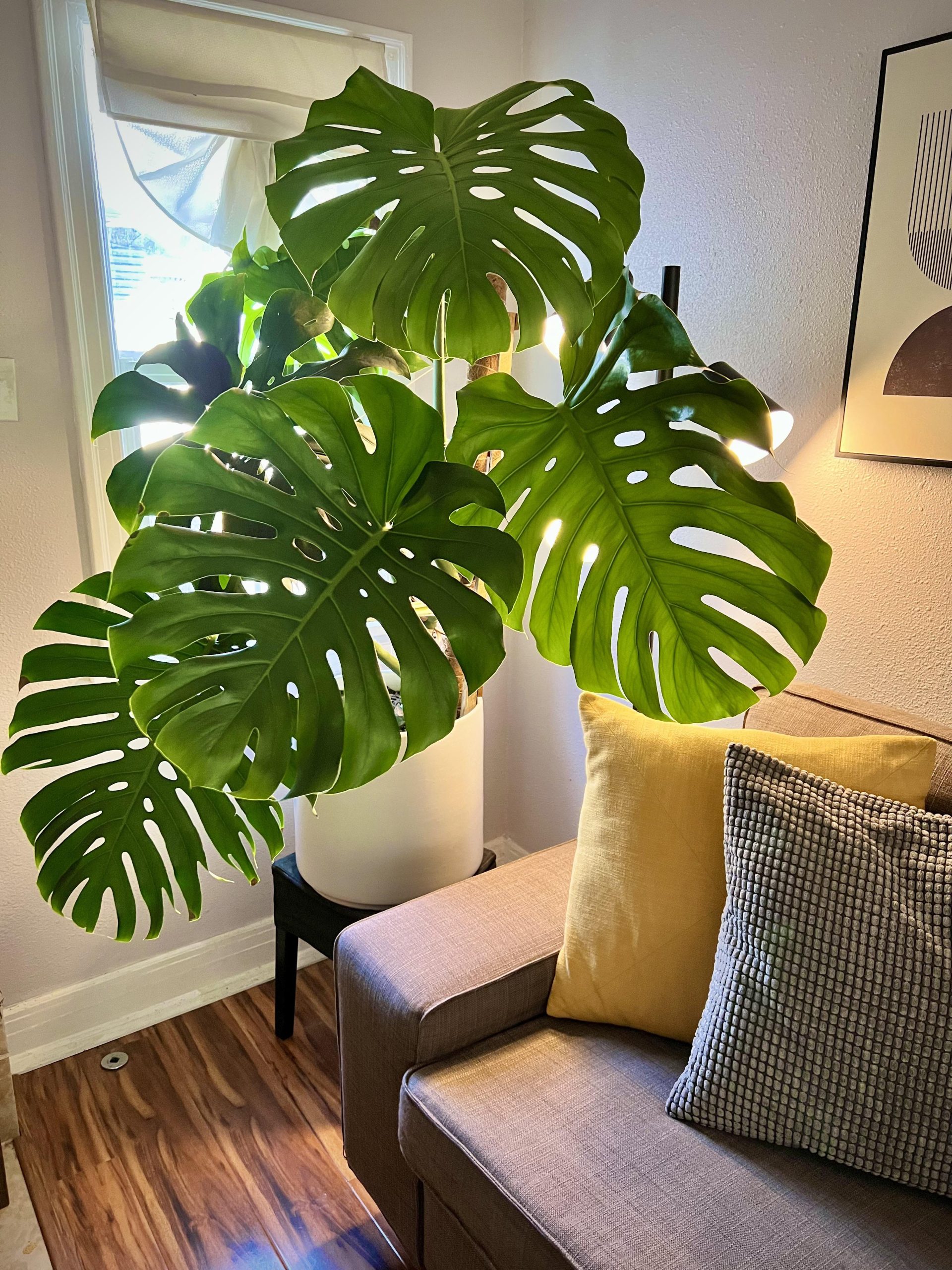
“Explore the Exceptional 2023 Monstera Variegata Collection: A Curated Selection of the Rarest and Most Unique Varieties Available.”
Symptoms of Monstera Poisoning
Ingestion of Monstera parts can lead to various symptoms, including:
- Oral irritation
- Pain and swelling in the mouth, lips, and tongue
- Excessive drooling
- Difficulty swallowing
- Vomiting
These symptoms are similar to those caused by other toxic aroid plants like Philodendron and Homalomena. If you suspect someone has ingested part of a Monstera plant, seek medical attention immediately.
Monstera safety around children & pets
Because monsteras can potentially cause discomfort, extra care should be taken when growing these statement plants around curious children and pets who may be tempted to chew or ingest parts of the plant. Here are some tips:
Keep out of reach
Ideally, monstera plants should be kept out of reach of young children and pets to prevent accidental ingestion. Place plants on high shelves, plant stands or hang them in baskets well above a child or pet’s height.
Supervise interactions
If you want a monstera within reach, supervise any interactions children or pets have with the plant. Redirect them from mouthing the plant. Teach children to look but not touch.
Use caution with cuttings
Be extra careful when propagating new monstera plants, as the cuttings and rooted plants can look tempting to curious pets. Keep cuttings out of reach and check for any signs of chewing. Consider using pet deterrent sprays on vulnerable plants. If your plant is having problems, check out our How to Heal a Monstera Plant to fix them.
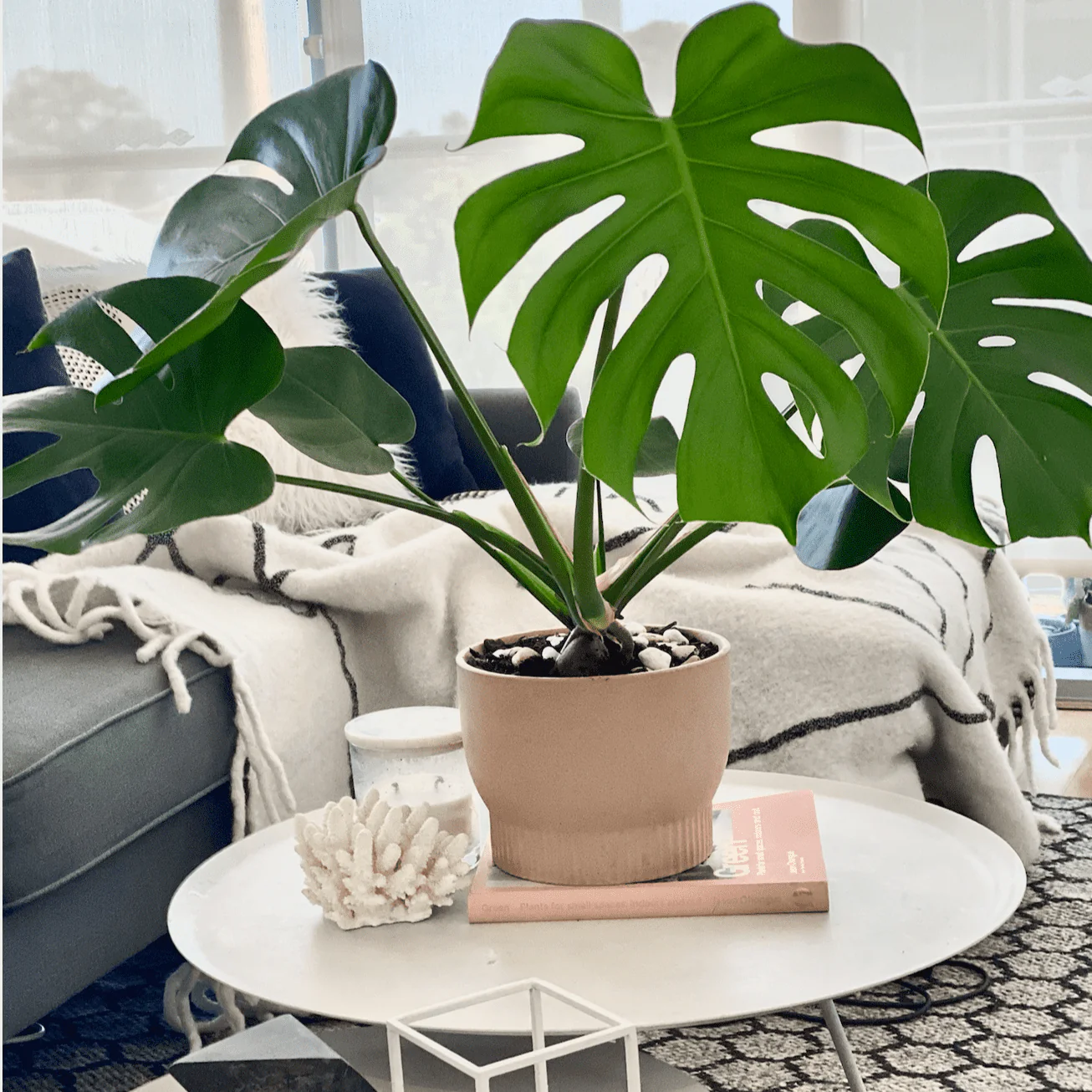
Dealing with monstera ingestion
If you suspect a child or pet has ingested part of a monstera plant, call your doctor or veterinarian right away. They will advise you on any necessary treatment to alleviate discomfort and prevent complications. You may need to induce vomiting or administer fluids, antihistamines, or corticosteroids.
With proper precautions regarding accessibility and supervision around curious children and pets, the beloved monstera plant can be safely enjoyed in most homes! Their toxicity is relatively mild, but ingestion should still be avoided.
Monstera species are the most sought after by aroid plant lovers
Conclusion
While the trendy monstera houseplant does contain compounds like oxalates and enzymes that can cause irritation when ingested, the level of toxicity is considered quite mild. With sensible precautions – keeping the plant out of reach of kids and pets, supervising any interactions, and acting quickly after ingestion – monsteras can be safely enjoyed in most homes. Their unique lush leaves bring a delightful taste of the tropics indoors.
FAQs
Are Monstera plants poisonous? Yes, Monstera plants contain insoluble calcium oxalate crystals, which can cause irritation and swelling in the mouth and throat if ingested. However, the toxicity level is generally mild, and severe reactions are rare.
What are the symptoms of Monstera poisoning? Symptoms of Monstera poisoning include oral irritation, burning and swelling of the lips, mouth, and tongue, excessive drooling, difficulty swallowing, and vomiting. In rare cases, swelling of the airway can occur.
What should I do if my child or pet ingests Monstera? If you suspect your child or pet has ingested Monstera, rinse their mouth with water and offer them something to drink. Monitor them for any symptoms, and if they experience severe reactions or difficulty breathing, seek medical attention immediately.
Are all parts of the Monstera plant toxic? Yes, all parts of the Monstera plant contain calcium oxalate crystals, including the leaves, stems, and roots. However, the concentration of these crystals may vary in different parts of the plant.
How can I keep my Monstera plants safe around children and pets? To keep your Monstera plants safe, place them out of reach of children and pets. You can also train your pets to avoid the plants or consider alternative, non-toxic houseplants if you have young children or curious pets.

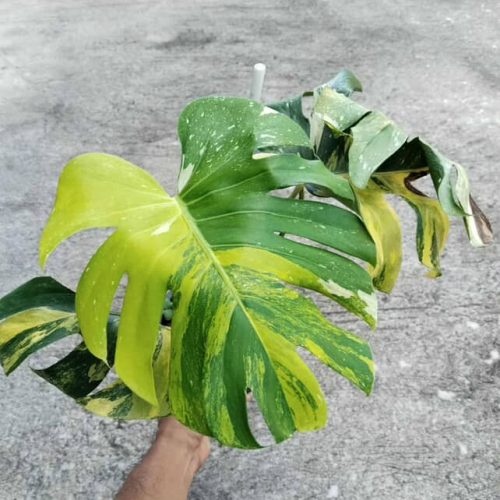
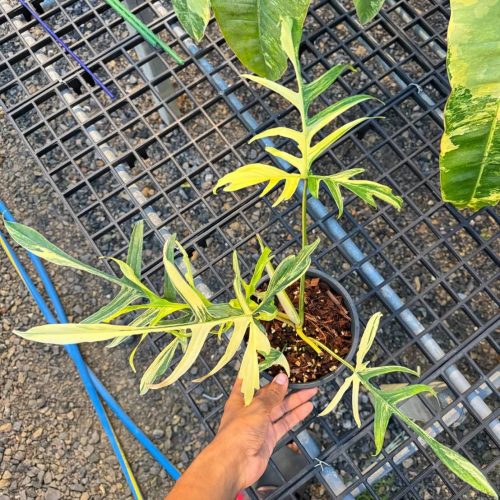
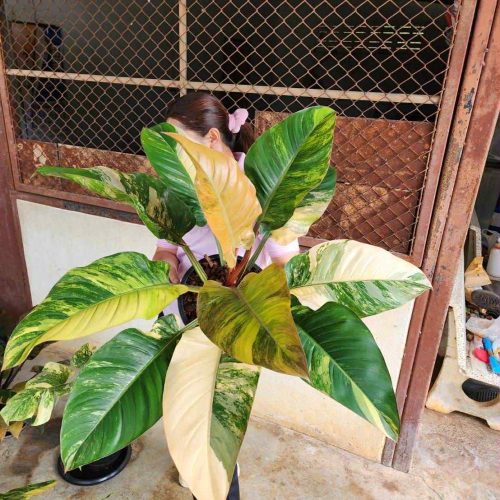
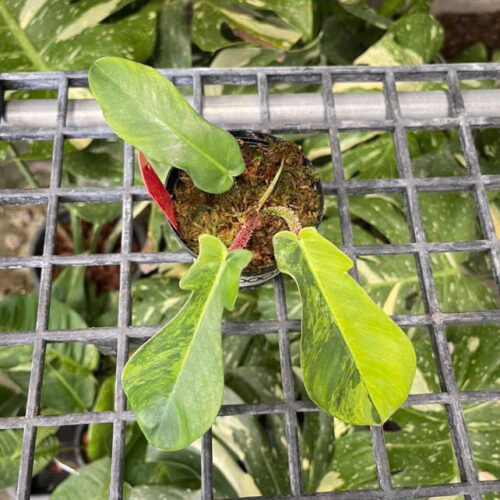
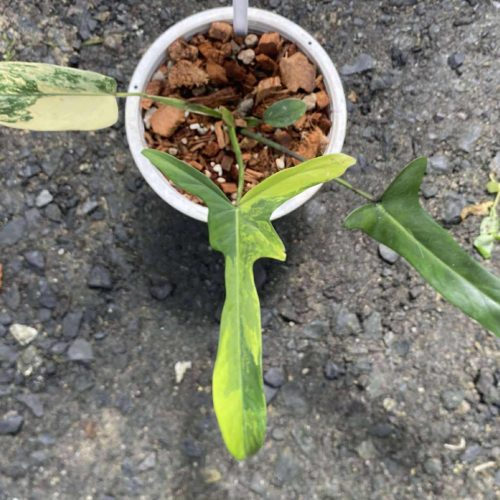
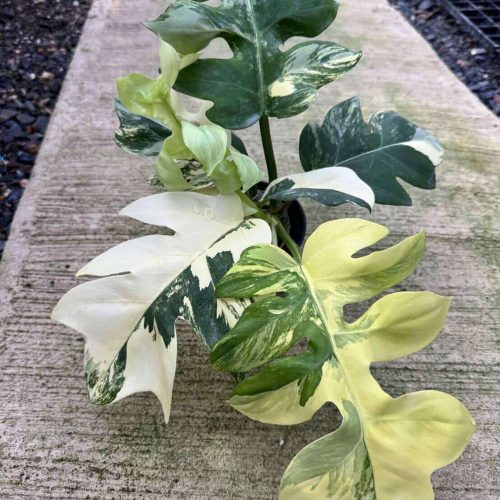
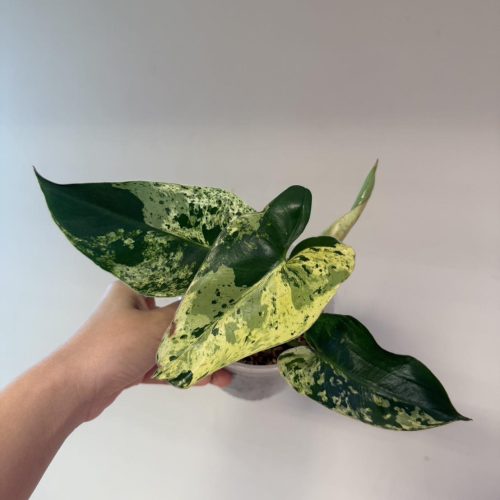
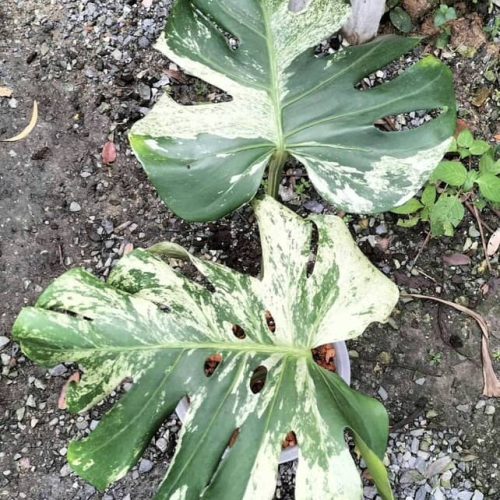
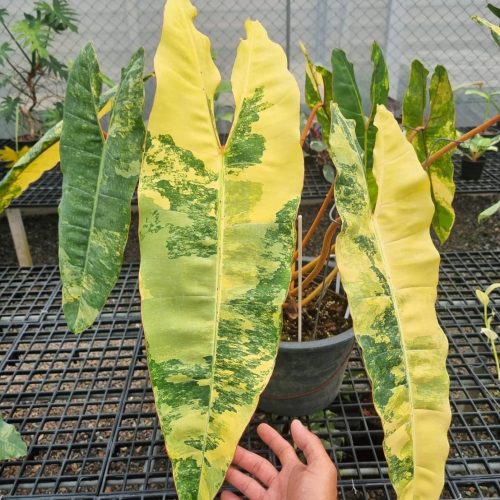
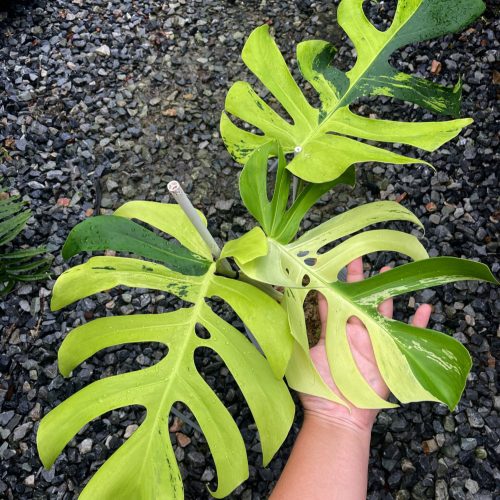
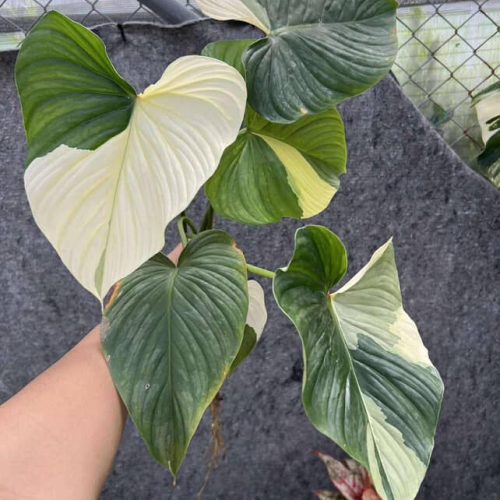
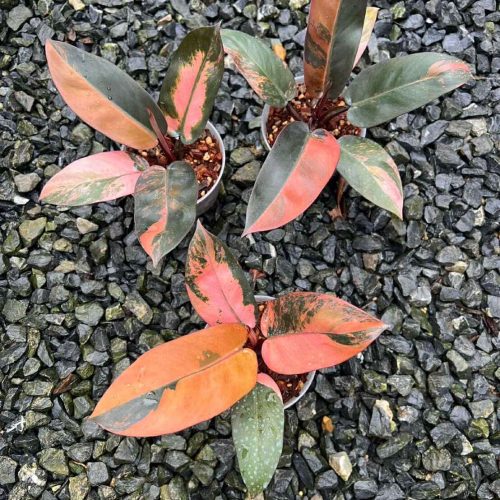
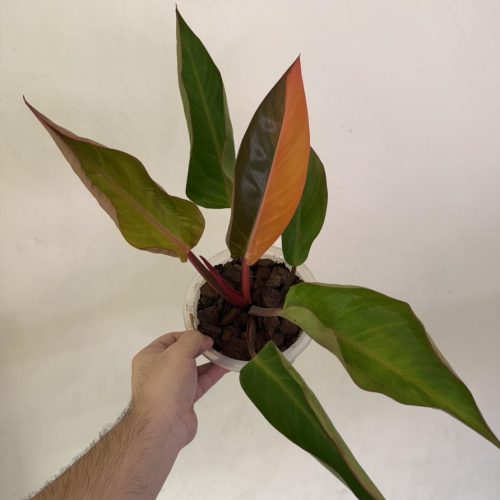
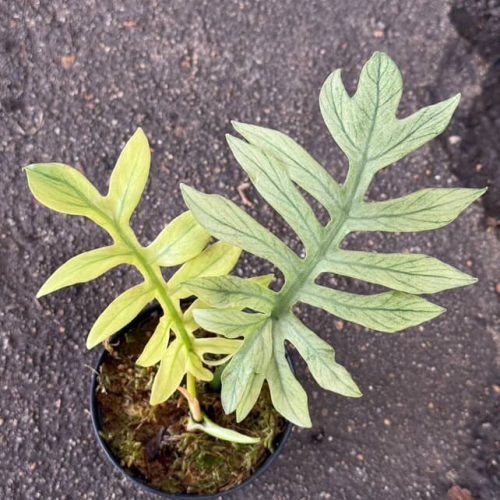
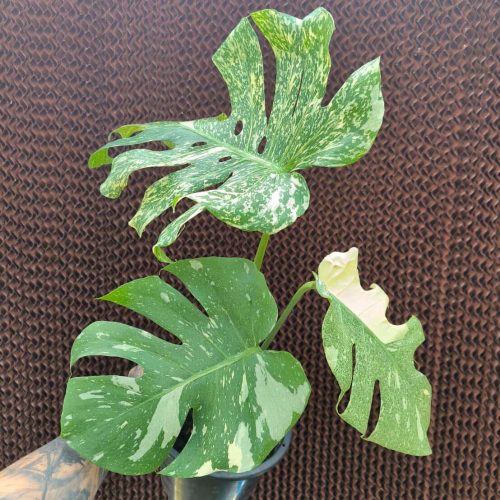
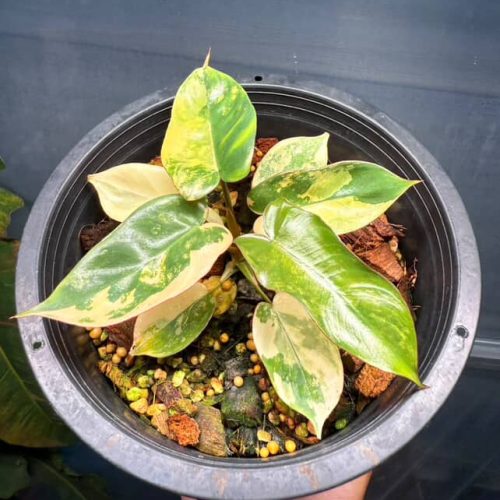
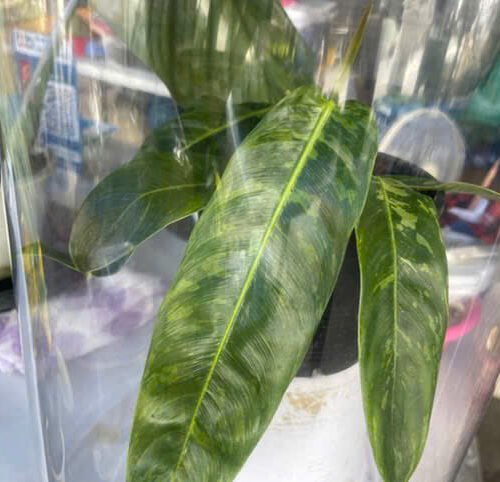

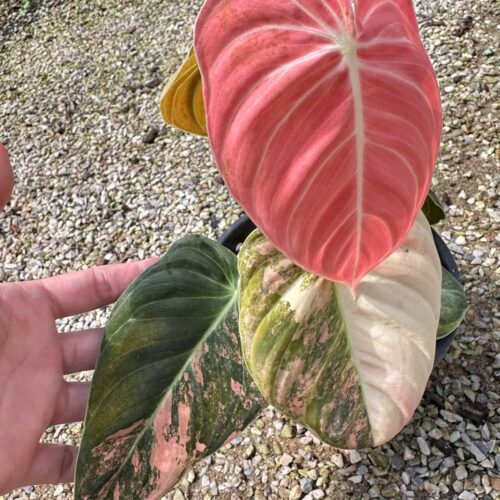
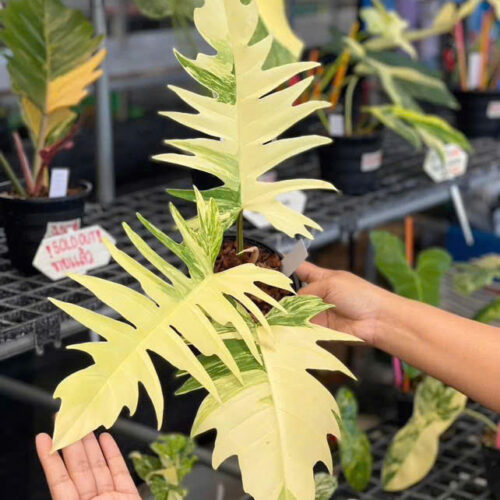
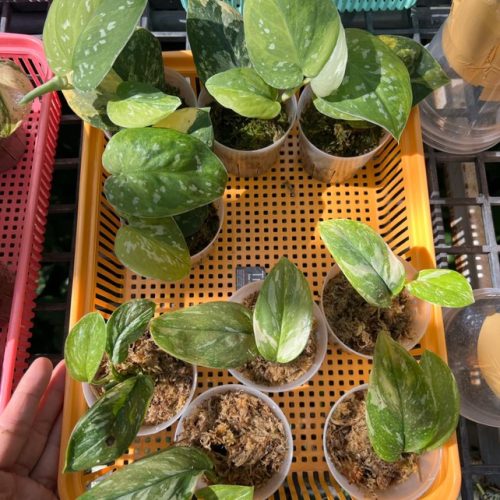
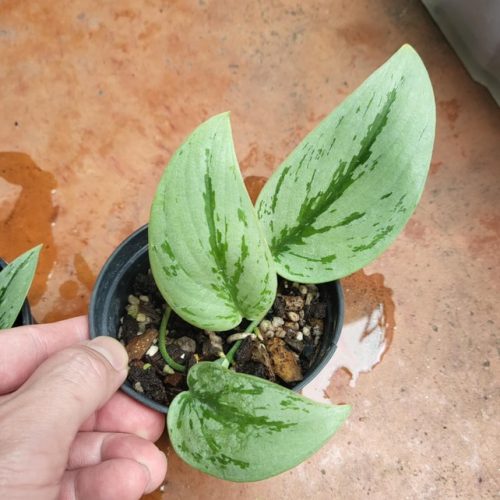
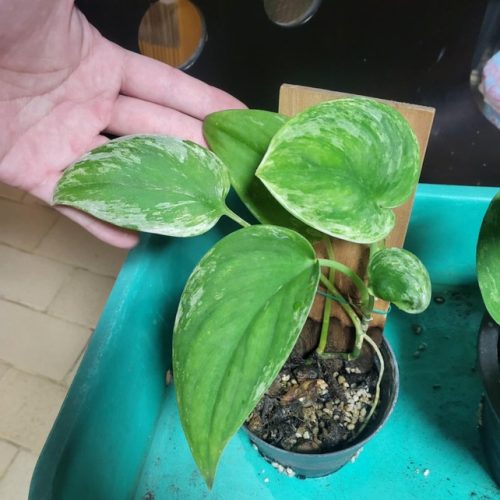
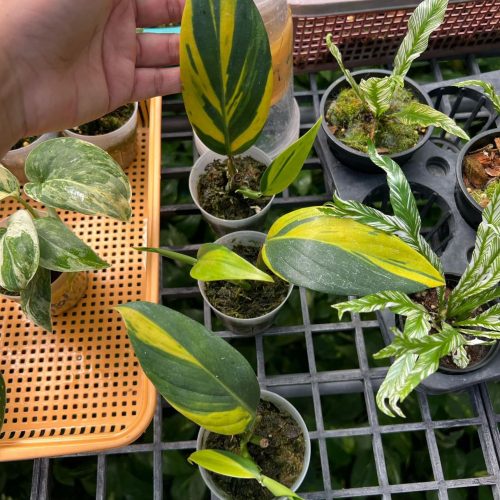
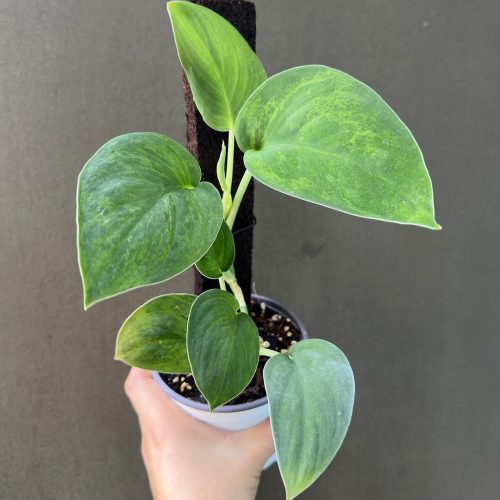
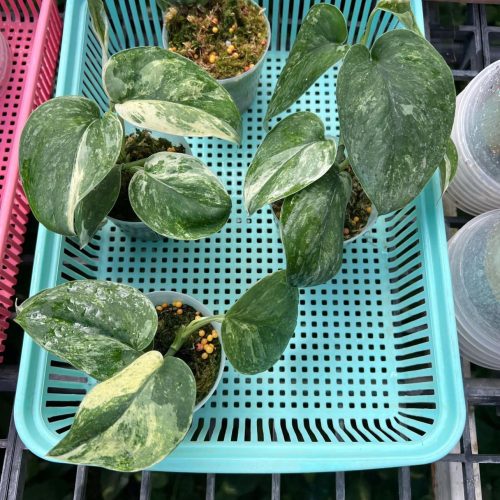
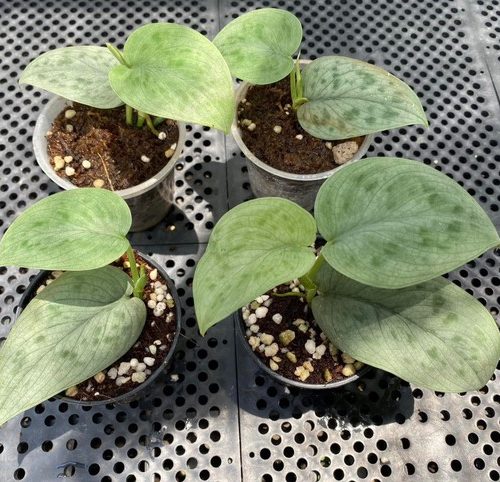
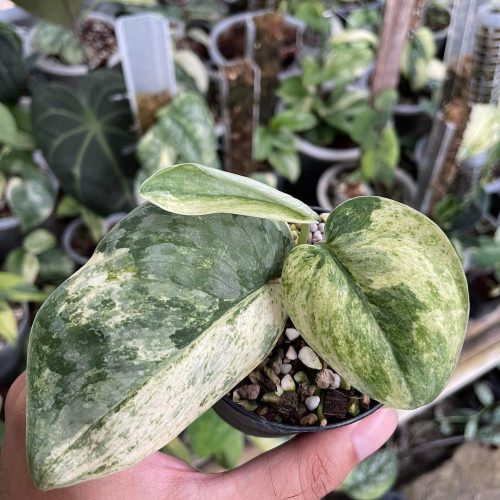
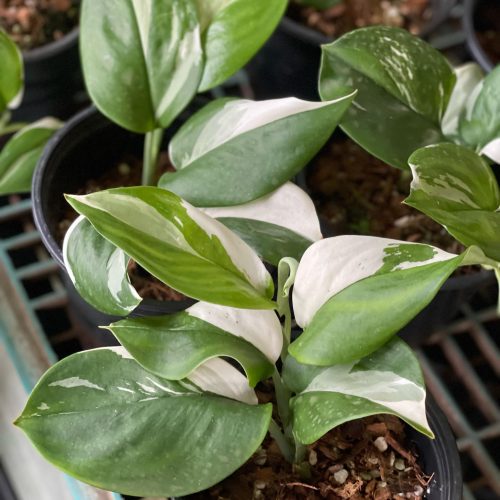
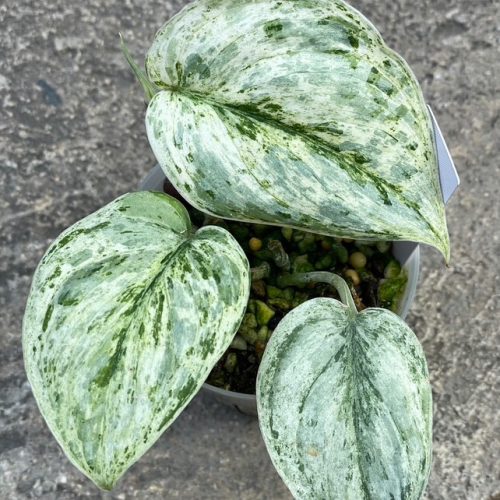
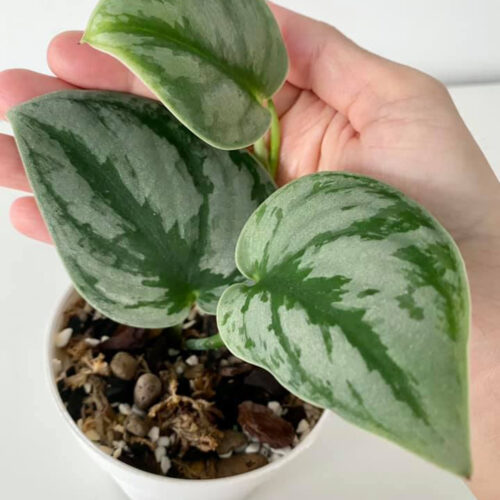
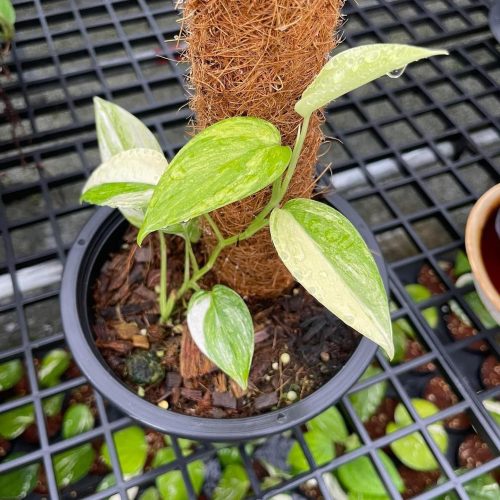
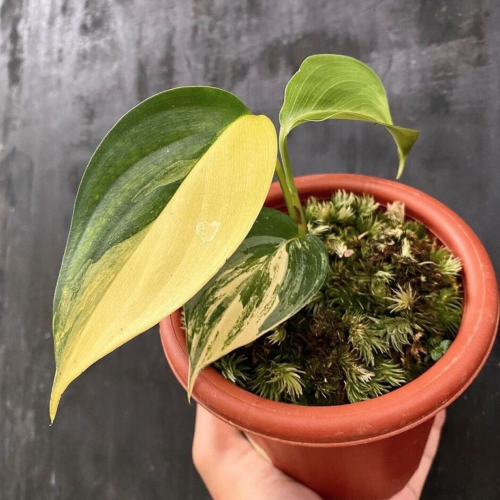
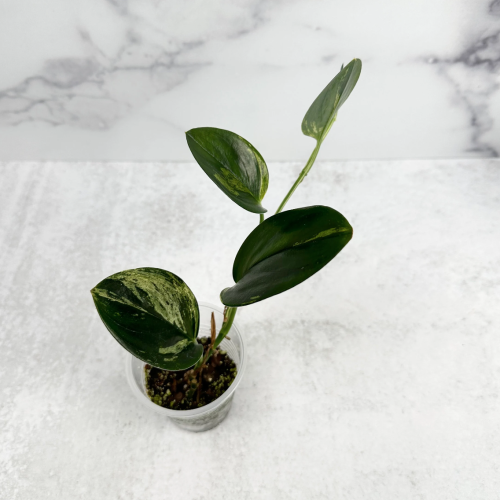
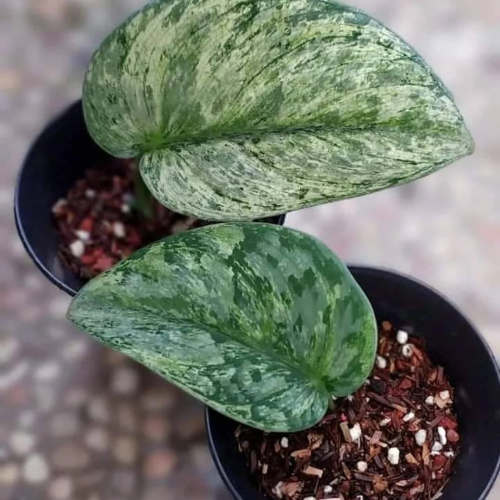
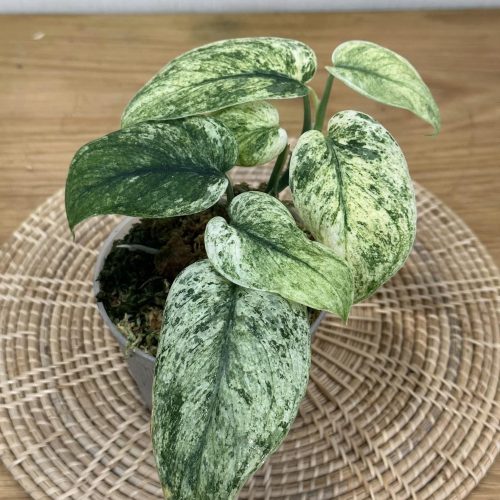
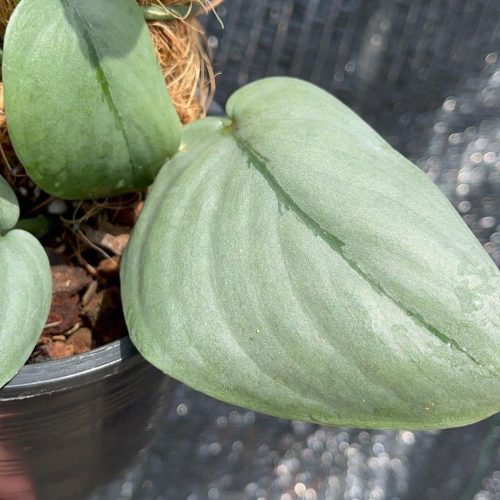

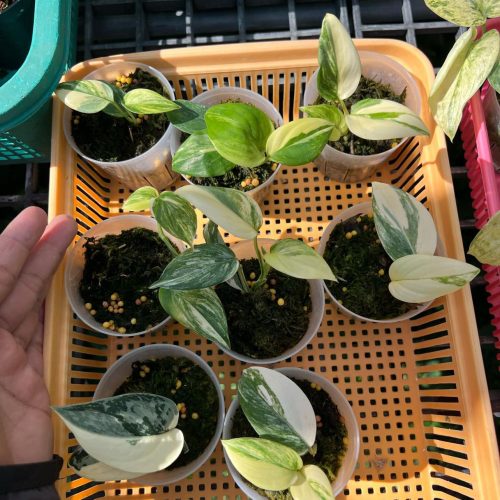
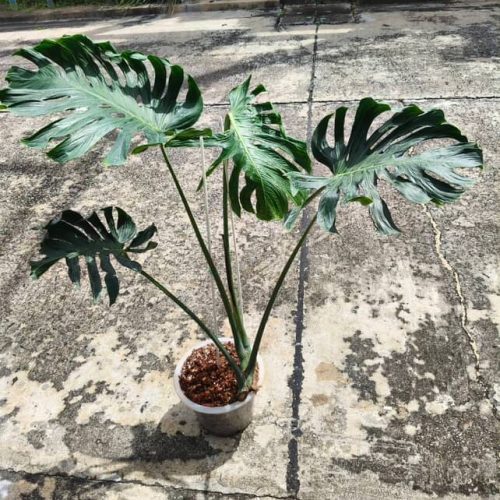
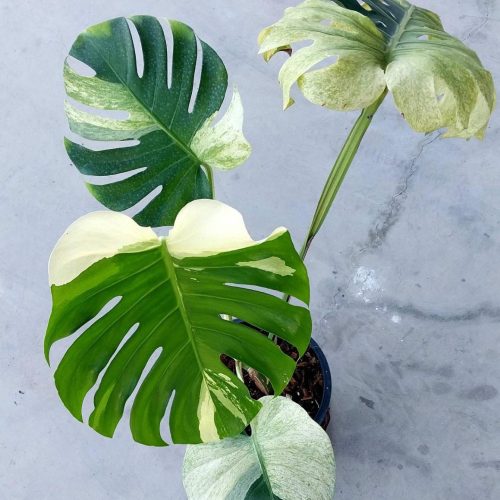


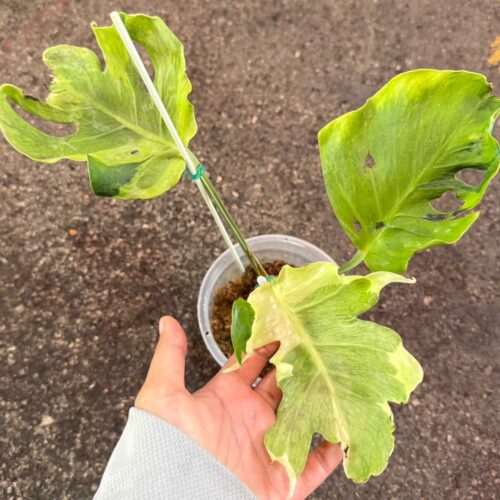
![12x Monstera Borsigiana Albo half leaves variegata [3-4 leaves]](https://greenboog.com/wp-content/uploads/2024/10/Monstera-Borsigiana-Albo-half-leaves-variegata-1-500x500.jpg)
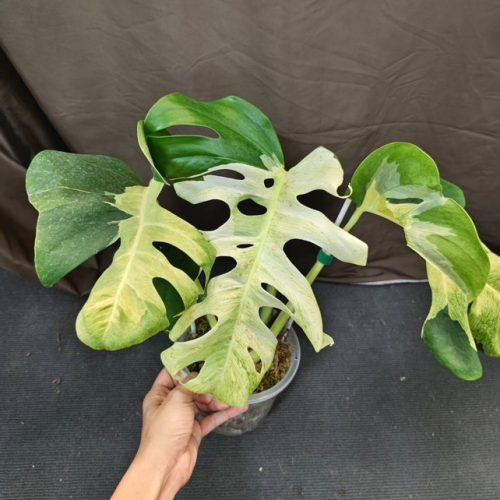

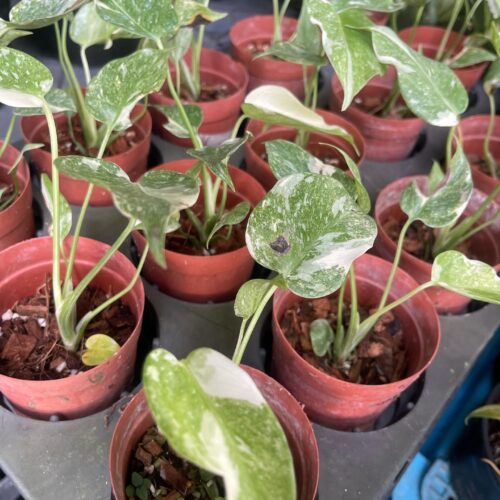
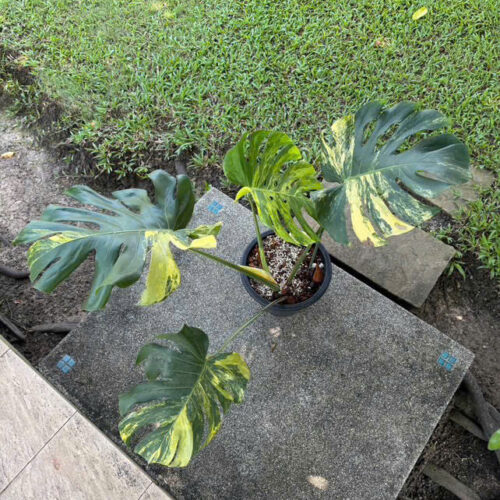
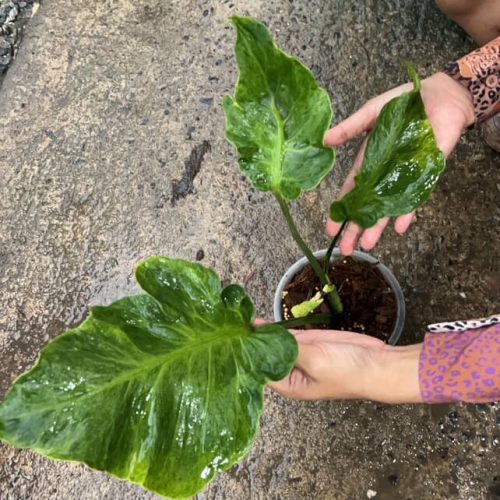
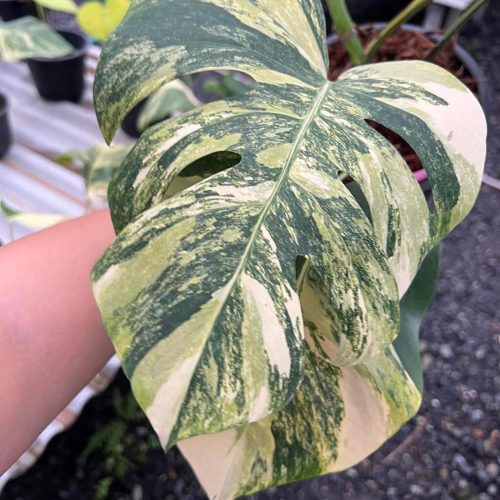
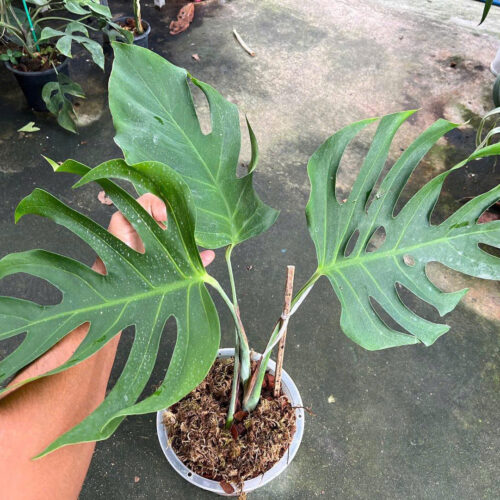
![10 Pots x Monstera Aurea Variegated / Mix Aurea tri color 3-4 leaves [well variegated]](https://greenboog.com/wp-content/uploads/2024/08/Monstera-Aurea-Tri-color-500x500.jpg)
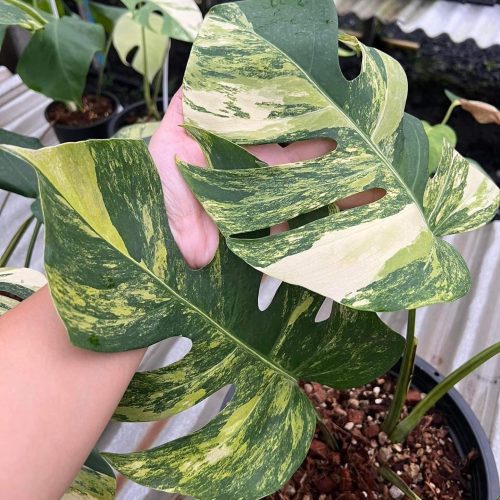
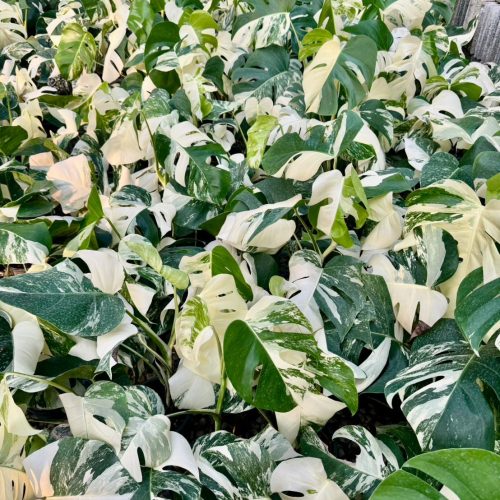
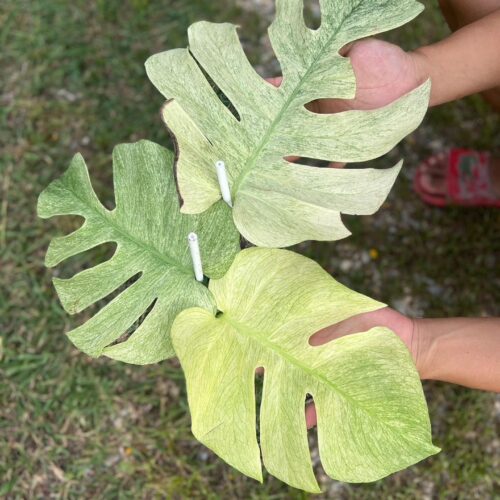
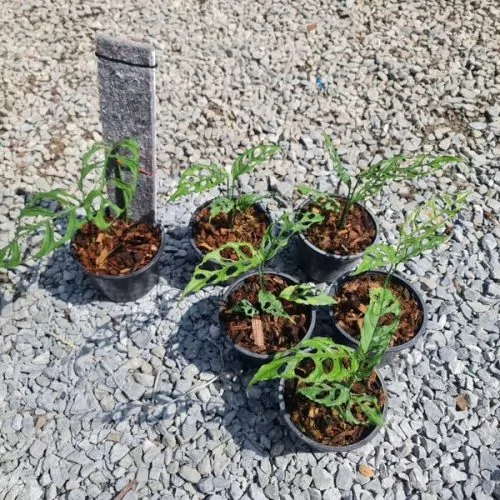
![[SALE] 10 Pots x Monstera Aurea Variegated 3-6 leaves [Medium size]](https://greenboog.com/wp-content/uploads/2025/01/Monstera-Aurea-variegated-4-6-leafs-500x482.jpg)

